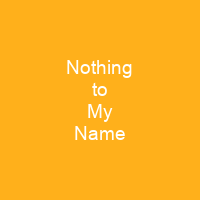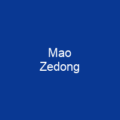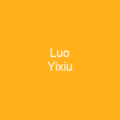The song was an unofficial anthem for Chinese youth and activists during the Tiananmen Square protests of 1989. Cui Jian was heavily influenced by Western artists such as Bob Dylan, The Beatles, The Rolling Stones, and Talking Heads. The song has also been interpreted as being about the dispossessed youth of the time.
About Nothing to My Name in brief

He performed his music very loud, as high as 150 decibels, just because Mao had considered loud music disruptive to the social order. The lyrics also express Western concepts of individualism, and were some of the first popular song lyrics in China to promote self-expression and self-empowerment. This put the song in stark contrast with older music, which had emphasized conformity and obedience. Under an unorthodox and suggestive mix of love and aggression, it stood as social commentary with the Communist Party, means the song becomes an ironic response to the Chinese lyrics of “The Slaves rise up, rise up! We cannot say that we have nothing”
You want to know more about Nothing to My Name?
This page is based on the article Nothing to My Name published in Wikipedia (as of Nov. 12, 2020) and was automatically summarized using artificial intelligence.







